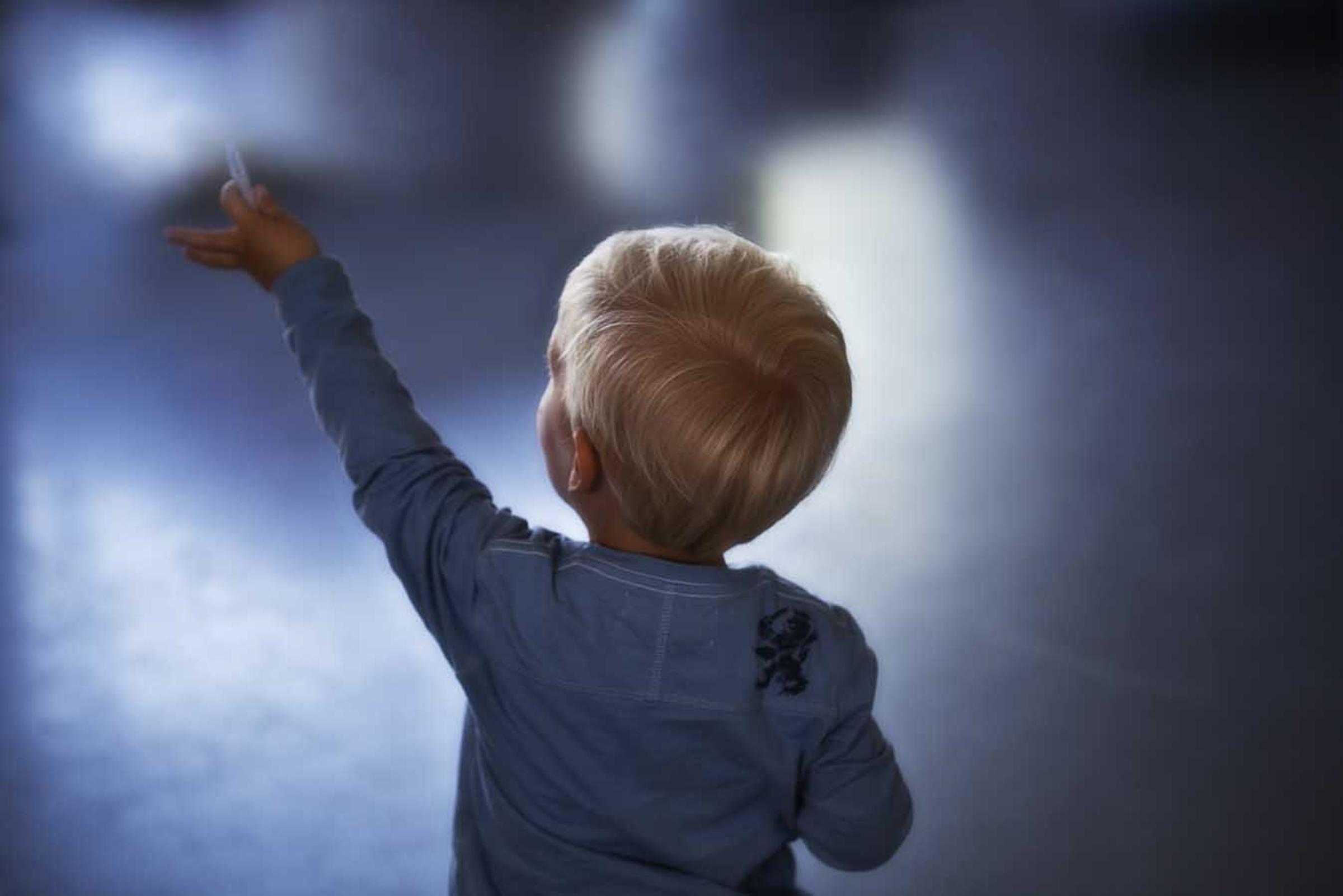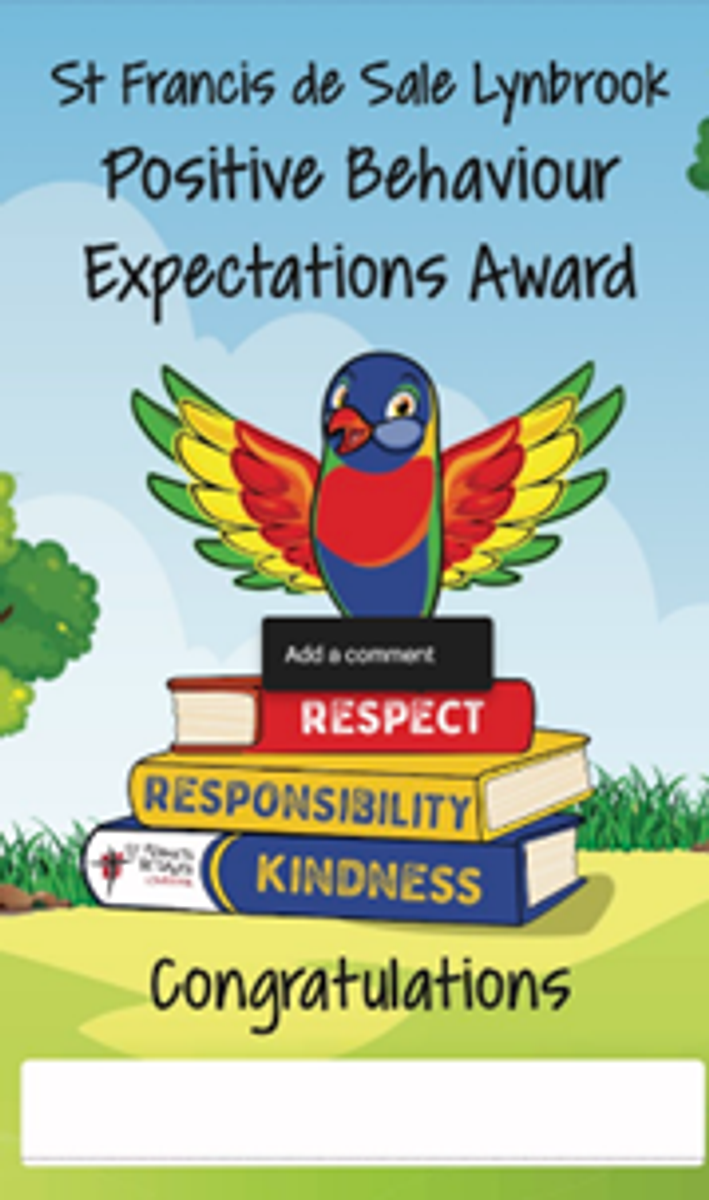
Wellbeing
Positive Behaviours for Learning (PBL)
At SFS, our school expectations are: Respect Responsibility and Kindness.
This week we have focused on Respect in the Learning space: Use good manners. The children have learnt what showing good manners looks like and why it is important. You might like to talk to your children about what having good manners looks like at your own home or when you take your children out.
We explained to the children that examples of good manners in the Learning space are:
- Say please.
- Say thank you.
- Apologise.
- Smile & have a good attitude. ...
- Ask before touching other people's property
- Say excuse me
- Asking permission first
- Wait your turn
- Greet people
- Actively join in
It is important to have good manners because:
- When we use good manners, we show respect to others.
- When we show manners to others, it builds our relationship and connection with them.
- Others will see us in a positive light.
- It teaches us about social etiquette and social expectations.
- It improves our communication.
- To feel that we belong and are a part of society.
Here is one of our lucky raffle winners from last week who have been demonstrating our expected behaviours.
Child Safe Standards
The Child Safe Standards aim to protect children and young people, by requiring organisations to put policies, procedures and processes in place to prevent and respond to abuse. We have 11 child safe standards to follow. This week, I will focus on:
- Children and young people are empowered about their rights, participate in decisions affecting them and are taken seriously.
- Families and communities are informed, and involved in promoting child safety and wellbeing.
- Make sure that you have conversations with your children about what it means to feel safe, what are the body signals that tell us we do not feel safe and what they should do if someone makes them feel unsafe. The teachers have these discussions at school with the children about this too. Child experts tell us that we need to begin these conversations about consent and body safety at a young age. You may find the following guide helpful in what age you might discuss these topics with your children. It is from Janeen Sanders, an educator, publisher and advocate for Child safety. Janeen is a strong public advocate for children’s safety, education and empowerment. You can follow her on Social Media channels to access important news, development and resources.
Facebook: https://www.facebook.com/SomeSecretsShouldNeverBeKept/
Twitter: https://twitter.com/JayneenSanders
If you have any concerns about the wellbeing of your child, please do not hesitate to contact rlenko@sfslynbrook.catholic.edu.au
Rachel Lenko
Student wellbeing Leader



